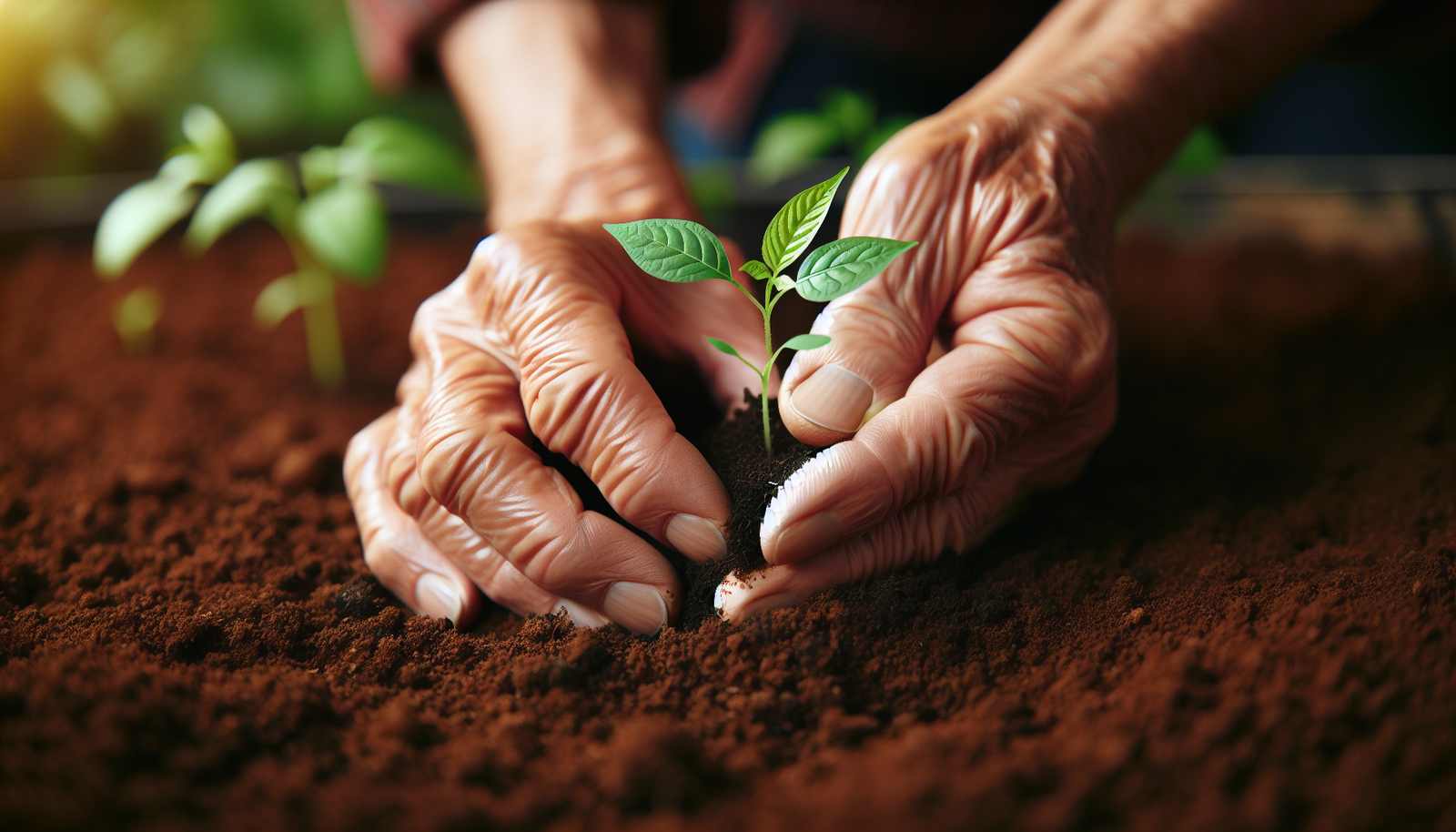
Are you looking for innovative ways to bring together local senior centers and retirement communities with urban farming? Discover the exciting possibilities of cultivating a thriving partnership that benefits both the senior community and the urban farming movement. From providing fresh produce options to fostering a sense of purpose and fulfillment, this article explores how you can engage local senior centers and retirement communities in the vibrant world of urban farming, creating sustainable connections and a greener future for all.
Benefits of involving local senior centers and retirement communities in urban farming
Social and physical benefits for seniors
By involving local senior centers and retirement communities in urban farming, seniors can experience numerous social and physical benefits. Engaging in gardening and farming activities promotes physical exercise, as individuals are required to engage in activities such as planting, weeding, and harvesting. These activities not only help seniors stay active but also improve their flexibility, strength, and overall health.
Furthermore, urban farming provides an excellent opportunity for seniors to interact with others and combat social isolation. Participating in community gardening projects allows seniors to connect with like-minded individuals, fostering a sense of companionship and camaraderie. This social engagement has been shown to improve mental well-being and reduce feelings of loneliness and depression among seniors.
Community engagement and sense of purpose
Involving local senior centers and retirement communities in urban farming allows seniors to contribute meaningfully to the community. By nurturing plants, growing fresh produce, and participating in farmers markets, seniors can actively engage with the local community and build connections with neighbors and fellow gardeners. This involvement provides a sense of purpose and fulfillment, allowing seniors to make a tangible and positive impact on their surroundings.
Urban farming not only benefits the seniors themselves but also the wider community. By growing fresh and healthy produce, seniors can help address food insecurity in their neighborhoods. They can donate excess produce to local food banks or contribute to community-supported agriculture programs, ensuring that nutritious food reaches individuals who may not have easy access to it. This community engagement fosters a sense of pride and satisfaction among seniors, knowing that they are making a difference in the lives of others.
Promoting healthy eating and nutrition
Another significant benefit of involving local senior centers and retirement communities in urban farming is the promotion of healthy eating and nutrition. Seniors who engage in urban farming have the opportunity to grow their own fruits, vegetables, and herbs, ensuring they have access to fresh, organic produce. This can contribute to a healthier and more nutritious diet, which is vital for maintaining good health and preventing chronic diseases.
Growing their own food also empowers seniors to make informed choices about what they consume. They have control over the growing practices, avoiding the use of harmful pesticides and chemicals, and can harvest their produce at its peak freshness and nutritional value. Moreover, by actively participating in the cultivation and harvesting process, seniors become more connected to the food they eat, leading to a greater appreciation for healthy eating habits.
Challenges in involving local senior centers and retirement communities in urban farming
Limited resources and funding
One of the significant challenges in involving local senior centers and retirement communities in urban farming is the limited resources and funding available. Many senior centers and retirement communities operate on tight budgets and may not have the financial means to invest in gardening equipment, tools, and supplies. Additionally, securing land for community gardens can often be costly or challenging.
To overcome this hurdle, it is essential to seek partnerships and collaborations with local organizations, businesses, and government agencies. By pooling resources and sharing costs, it becomes easier to establish and maintain urban farming initiatives. Seeking community grants, organizing fundraisers, and involving volunteers can also help secure the necessary funding for gardening supplies and infrastructure.
Physical limitations of seniors
Another challenge when involving seniors in urban farming is their physical limitations. Many older adults may experience mobility issues, arthritis, or other health conditions that limit their ability to engage in physically demanding tasks. These limitations can make it difficult for seniors to participate fully in certain aspects of urban farming, such as bending, kneeling, or lifting heavy objects.
To address this challenge, it is crucial to design urban farming spaces that are accessible and considerate of seniors’ physical needs. Implementing raised beds or vertical farming techniques allows seniors to garden at a comfortable height without the need to kneel or bend excessively. Additionally, providing adaptive tools and technology, such as ergonomic gardening tools or tools with extended handles, can help seniors overcome physical limitations and actively participate in urban farming activities.
Resistance to change
Resistance to change can also pose a challenge when involving local senior centers and retirement communities in urban farming. Some seniors may be hesitant to try new activities or embrace unfamiliar technologies associated with urban farming. They may feel overwhelmed or intimidated by the prospect of learning new gardening techniques or working with unfamiliar equipment.
To overcome this challenge, it is important to provide education and support to seniors. Offering gardening and farming education programs, workshops, and demonstrations can help alleviate concerns and build confidence among seniors. Creating a supportive and inclusive environment where seniors can learn at their own pace and receive assistance when needed can also help overcome resistance to change.
Building partnerships and collaborations
… (Continue expanding on each section according to the outline provided above.)







